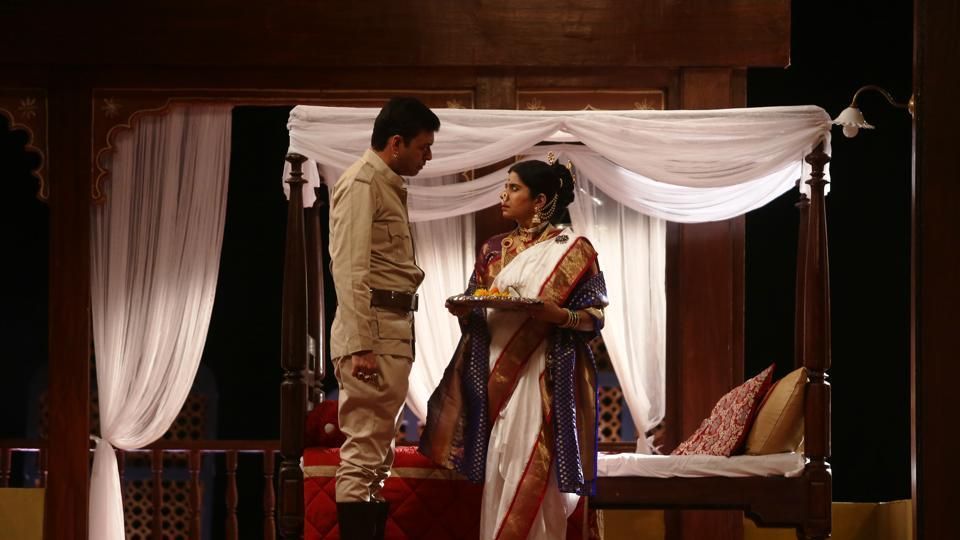Iconic Marathi play on a woman landowner in the '50s will now be staged in Hindi

One of the significant incidents in post-Independence India was the assassination of Mahatma Gandhi (January 30, 1948). His assassin, Nathuram Godse, was a Maharashtrian Brahmin, and the incident sparked anti-Brahmin riots across the state.
It is in this backdrop that the iconic Marathi play, Agnipankh (written by playwright Prabhakar Laxman Mayekar, and first performed in the ’80s) is set. The title refers to the Greek mythological story of a phoenix rising from the ashes. The play revolves around a wealthy Brahmin lady, Durgeshwari or Baisaab, who performs the role of a zamindar (landowner). As a matriarch, she takes all the decisions regarding property, finances, and dictates the lives of her family members. But faced with the anti-Brahmin sentiment, she is forced to re-evaluate her life and face the possibility of giving up everything.
This weekend, Zee Theatre is staging Agnipankh, this time in Hindi. Directed by Ganesh Yadav (known for his plays, Shobha Yatra and Mera Kuch Saman), the play features actors Mita Vashisht and Satyajit Sharma in lead roles. “I had heard about the iconic play Agnipankh, which featured actor Shriram Lagoo. The topic of casteism that the play highlighted remains relevant even today. I decided to adapt it to Hindi so for a larger audience,” says Yadav.
Being a period drama, it features the recreation of a wada (mansion). “Ajit Dandekar (set designer) created a wada with an extensive diwankhana/hall, and there are other action areas as well (scenes are staged on several floors and corners of the wada),” says Yadav.
To portray Baisaab, Vashisht drew inspiration from her memories of her great-grandmother, a Maharashtrian Brahmin. “She would wear nine yard saris, fast on occasions, and maintain a separate kitchen where she cooked for herself. When I play Baisaab, I emphasise on her strong views on eating, dressing, and sense of right and wrong,” she says.
One of the highlights of the play is the unique equation between Baisaab and Raosaheb, her husband. Since Raosaheb is unable to handle the zamindari, Baisaab takes over the role. It leads to an intense love-hate relationship. “It is a play of polarities between the characters. It shows how marriage is a peculiar form of politics played between two people, over several decades,” says Vashisht.
Be there
What: Agnipankh will be staged on March 25, 7.30 pm
Where: Bal Gandharva Rang Mandir, Bandra
Tickets: Rs 300 onward






